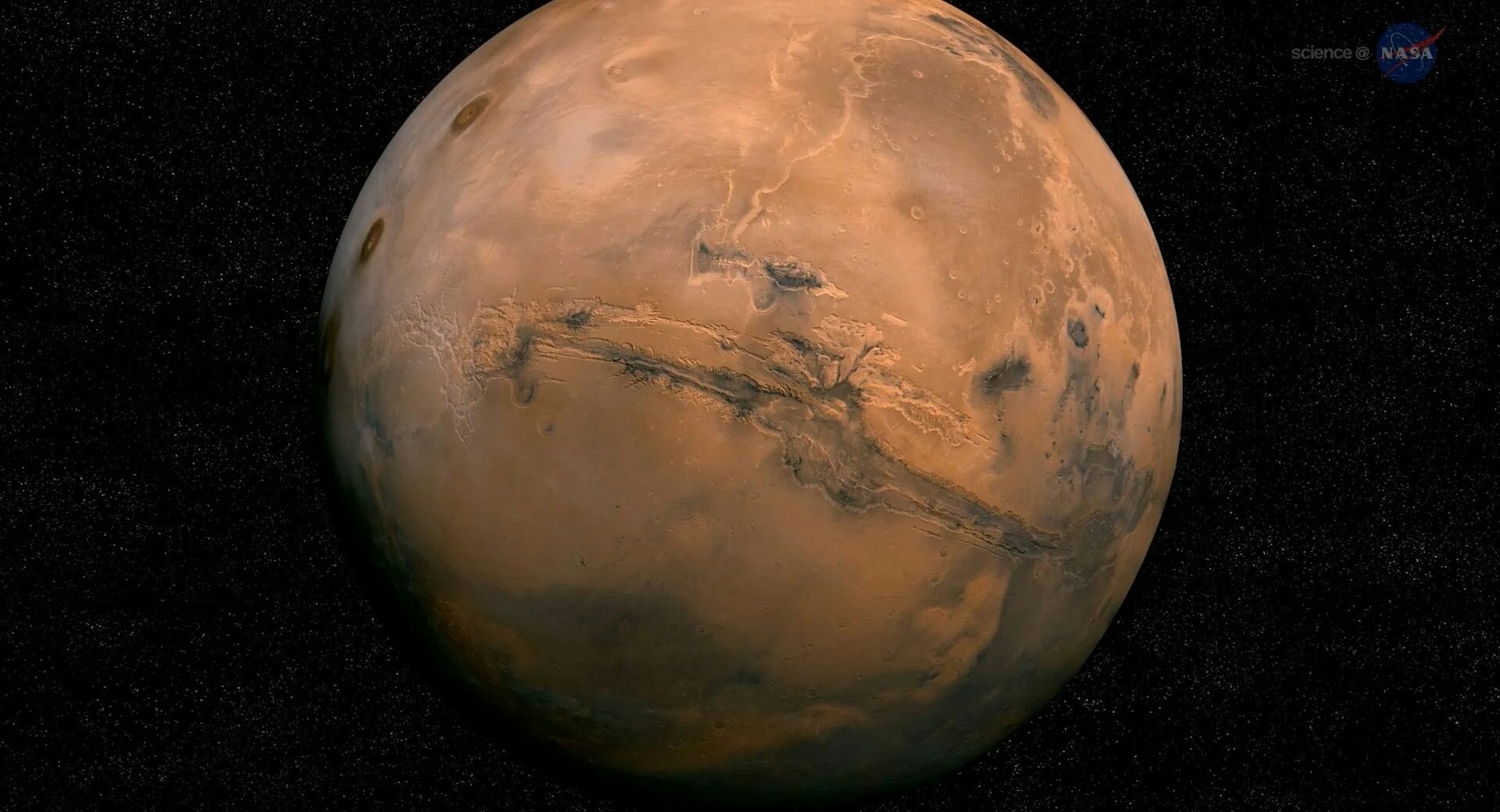The findings, which are published in Nature, have important implications for our understanding of how Mars evolved. Billions of years ago, the planet may have had a thicker atmosphere that allowed liquid water to flow on the surface.
This thicker atmosphere may have been kept in place by a protective magnetic field, like the one Earth has. However, Mars lacks such a field today. Scientists have wondered whether the loss of this magnetic field led to the red planet losing its atmosphere to space over time and becoming the cold, dry desert it is today.
From residual magnetization in the crust, we think that Mars did once have a magnetic field, possibly from a core structure similar to that of Earth. However, scientists think that the core must have cooled and stopped moving at some point in its history.



Yeah a lot of that impact energy is still retained as heat. Also it’s though the collision that caused the moon was with an object about the size of Mars.
Astrophysics is a hobby. It is not my field but to my understanding it was a Mars ish size object and that’s how we ended up with 2/3 of it folded into Earth and 1/3 plus some of Earths mass ejected into space to coalesce into the moon?
Mind you, I’m basing this off of some graphics I’ve seen and papers I’ve read years ago. Let me know if any of that sounds incorrect cuz I am not an authority.
Saw a short on that the other day. Current understanding is that the Earth’s mantle formed the Moon and Theia formed Earth’s core. Maybe it also brought water to Earth.